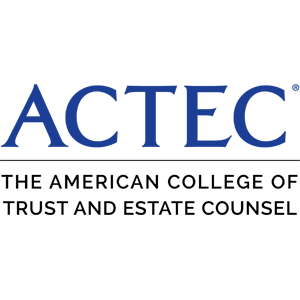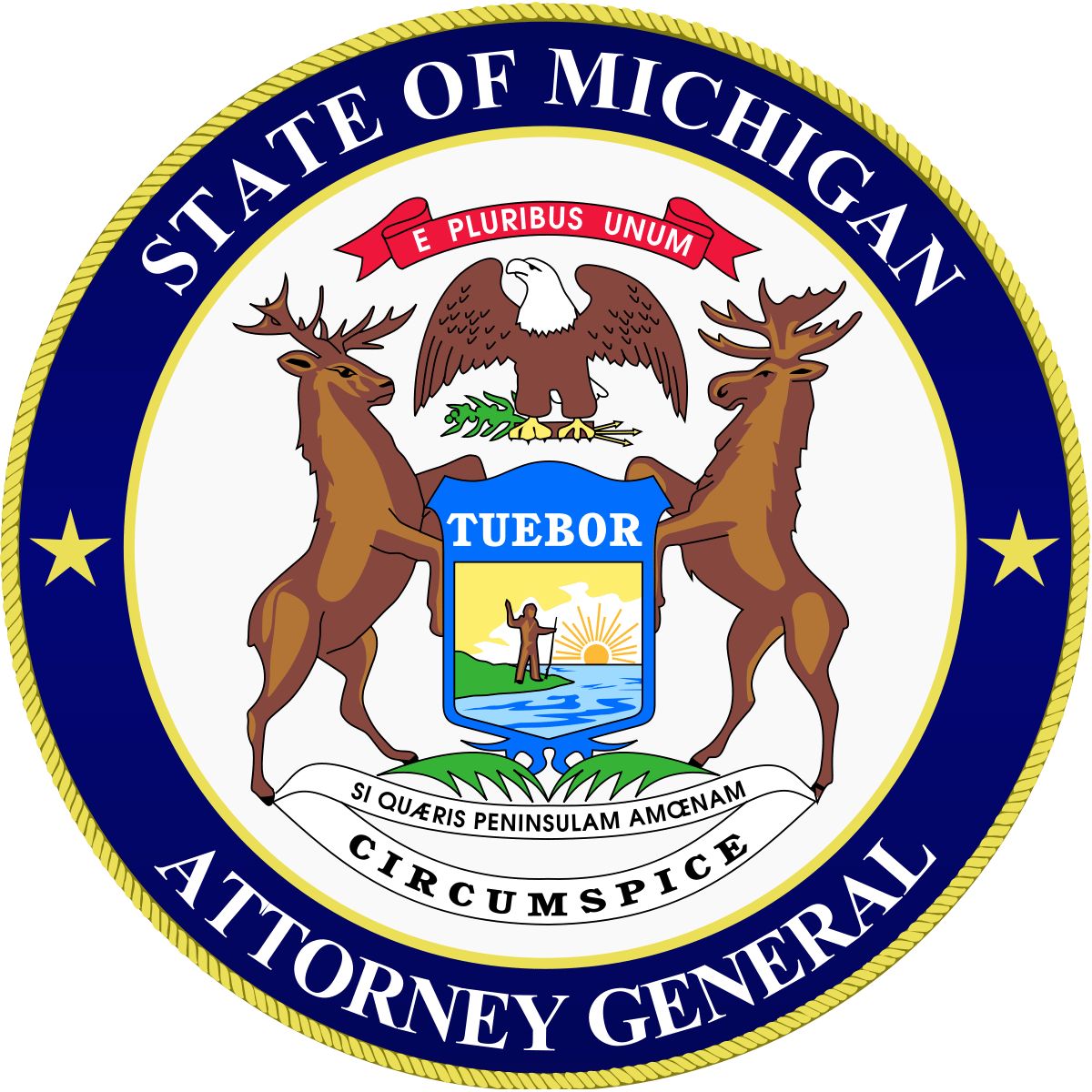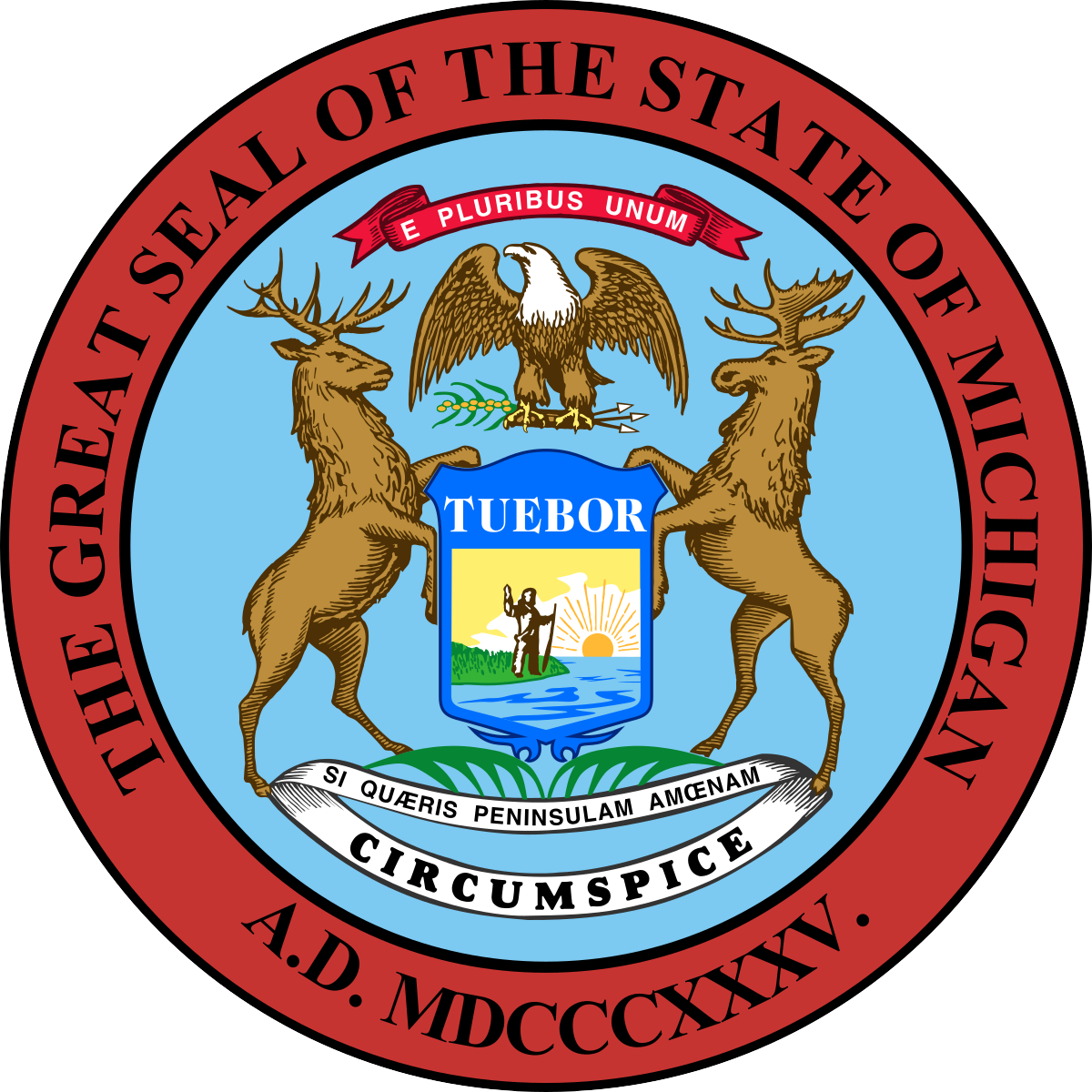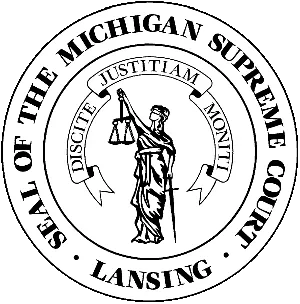Michigan Supreme Court - The Michigan Supreme Court is the highest judicial authority in the state, responsible for interpreting and administering the law. Its primary role involves reviewing appeals from lower courts to ensure the correct interpretation and application of state laws and the constitution. The court's duties encompass hearing a diverse array of cases, including civil, criminal, and constitutional matters, and establishing legal precedents that guide lower courts and legal practitioners statewide. Additionally, the Michigan Supreme Court oversees the regulation of attorneys, managing attorney admissions, setting ethical standards, and disciplining lawyers to uphold ethical conduct within the legal profession throughout Michigan.






















